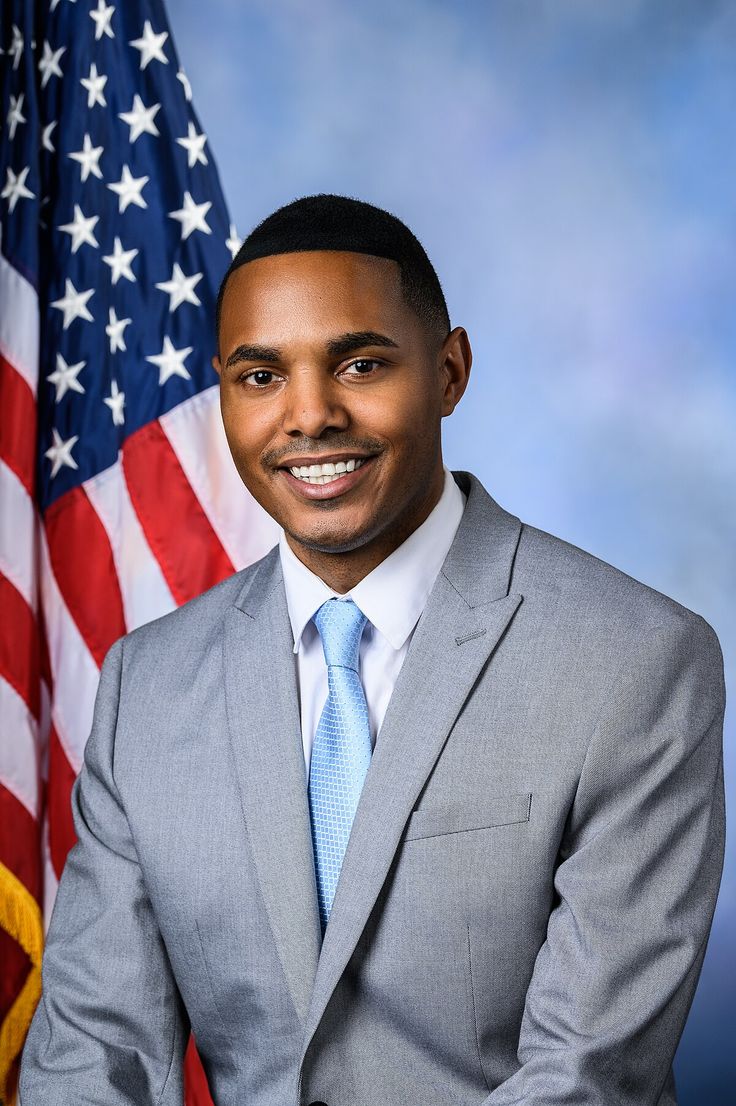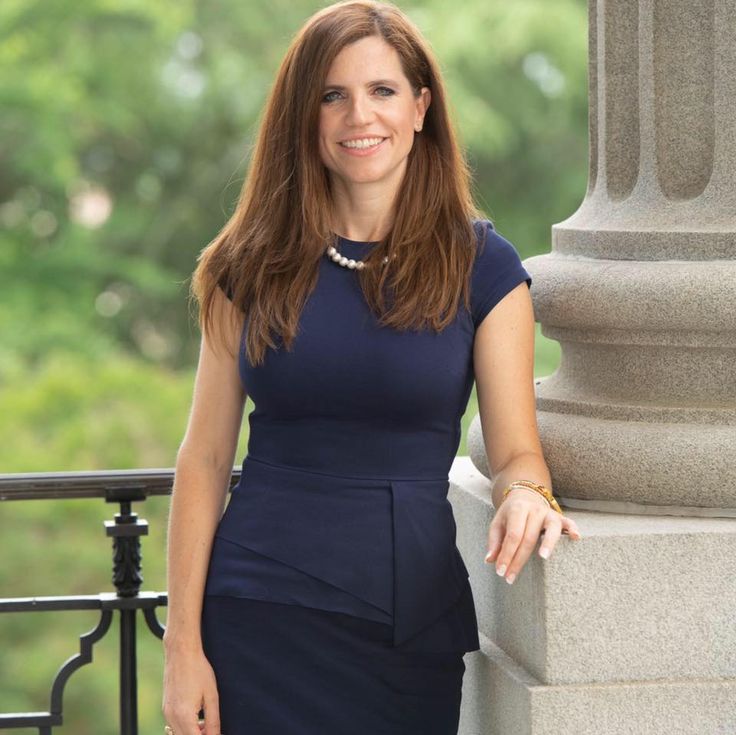“Ritchie Torres and the Fight for South Bronx Justice”
Background and Personal Connection to the South Bronx
Ritchie Torres, born March 12, 1988, in the Bronx, is a product of the challenging environment of the South Bronx. Raised by a single Puerto Rican mother in public housing, Torres faced poverty, housing insecurity, and health challenges, including frequent hospitalizations for asthma due to mold in his apartment. His upbringing in a “slum situation” with problems such as mold, vermin, and unreliable utilities shaped his view of governing. Torres often emphasizes that poverty and struggle are not abstractions to him, but lived experiences that influence his policy decisions.
After being elected to the New York City Council at age 25 in 2013, he became the youngest council member and first openly gay elected official in the Bronx, later joining Congress in 2021 as the first openly LGBTQ Afro-Latino member. His personal story resonates with voters, as he represents the same community where he grew up, and advocates for people facing similar struggles.
Economic Justice and Housing Advocacy
Economic justice is a cornerstone of Torres’ agenda, as the South Bronx holds its position as the poorest congressional district in the U.S., with a median household income of $28,000 and 36% of residents living below the poverty line. Torres has leveraged her experience in public housing to prioritize affordable housing. As chair of the New York City Council’s Public Housing Committee, she secured $3 million for Concourse Village, a housing cooperative with nearly 1,900 units, and nearly $1 million for the renovation of the Dennis Lane Apartments.
She exposed systemic issues such as lead-paint contamination and heating outages at the New York City Housing Authority (NYCHA), resulting in a historic $3 billion investment by FEMA for improvements at NYCHA. In Congress, Torres has pushed to make public housing a model for green, energy-efficient buildings that address both housing quality and climate change.
Her legislation, such as the Helping More Families Save Act, aims to expand programs like the Family Self-Sufficiency Initiative to assist low-income families. Torres’ focus on housing reflects her belief that stable, affordable homes are vital to economic mobility and community stability.
Racial and Environmental Justice
Torres views economic, racial, and environmental justice as intertwined. The South Bronx faces serious environmental challenges, with 20% of children suffering from asthma due to pollution and poor living conditions—a rate 12% higher than the national average. He supports the Green New Deal and sees it as a framework for environmental, economic, and racial justice.
Torres has called the Cross Bronx Expressway an “infrastructure of environmental racism” and advocates covering it with green space to mitigate its impact. His environmental advocacy includes setting greenhouse gas emission limits for buildings, reducing transportation sector emissions, and embracing renewable energy. By addressing these issues, Torres aims to improve the health outcomes and quality of life of South Bronx residents, particularly the Black and Latino communities disproportionately affected by pollution.
Social Justice and Community Safety
Torres’ fight for social justice includes public safety, healthcare, and support for marginalized groups. He has taken on the open drug market in the South Bronx hub, calling for it to be permanently shut down, and has criticized state laws that encourage drug dealers to reoffend. He advocates for involuntary care for people with severe mental illness and addiction, and argues that the Bronx deserves the same public safety standards as wealthier neighborhoods. Torres also opened the first homeless shelter for LGBTQ youth in the Bronx and secured funding for seniors’ centers serving LGBTQ individuals across New York City.
On the issue of healthcare, he supports repealing the Hyde Amendment, which restricts Medicaid abortion coverage, to ensure reproductive justice for Black and Brown women and transgender individuals in his district, where 43% of people rely on Medicaid. His Right to Counsel 2.0 initiative expanded legal assistance for NYCHA tenants facing eviction, helping 84% of tenants remain in their homes.
Political Evolution and Controversies
Torres describes himself as a “pragmatic progressive”, differentiating himself from more conservative opponents such as Ruben Díaz Sr., whom he defeated in the 2020 Democratic primary. However, his stances have shifted, particularly on immigration. Initially, he opposed funding for ICE programs that facilitate deportations, but by 2025, he supported deporting immigrants who have committed violent crimes, citing public safety concerns. This shift, along with his opposition to a large migrant shelter in the Bronx, was criticized by some progressives, who see it as a departure from his earlier stances.
Share this content:




Post Comment